Why You May be at Risk for Zinc Deficiency
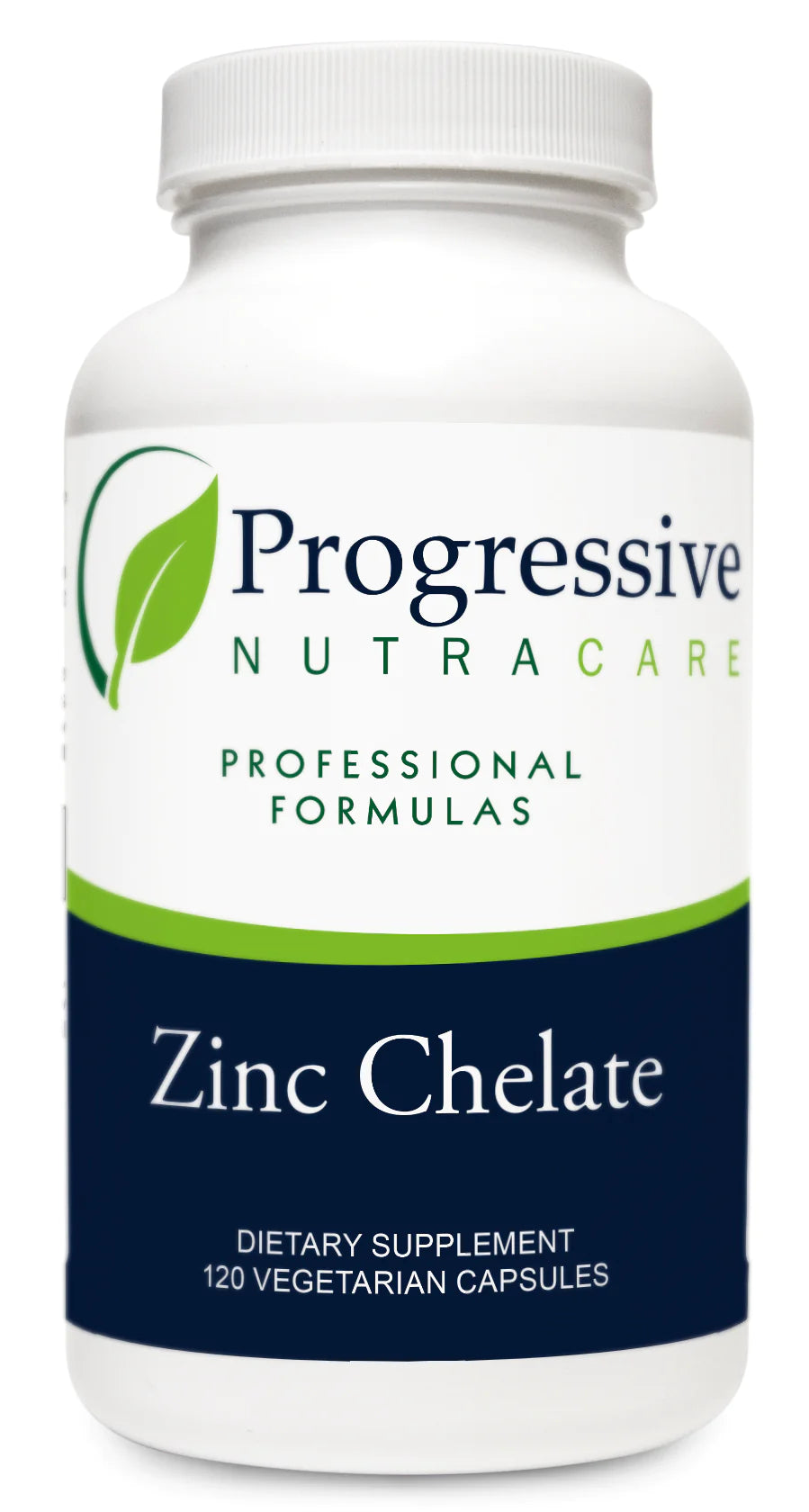
Zinc is a common metal found in many foods and is necessary for human health. Most people don’t give it a second thought, assuming that they automatically get enough in their normal diet and that the amount of zinc in their multivitamin is enough to keep them healthy. It’s true that zinc is found in a number of foods, primarily meats, fish, legumes, and nuts- so, protein sources. Protein tends to be expensive, and not everyone gets enough. In addition, not every protein source is created equal- some are richer in zinc than others. Zinc doesn’t remain in the body for very long either, so it has to be continually consumed. There are other foods that compete with zinc for absorption, and there are some people that have a much higher need for zinc in the diet. A multivitamin might not provide you with enough zinc, or with a type of zinc that isn’t as easily absorbed. Let’s take a more in-depth look at why you might be at risk for zinc deficiency, and who especially should take action.
- Vegetarians and vegans- Both vegetarians and vegans eschew all sources of meat protein, and vegans don’t consume any sort of animal protein, including milk and eggs. This mostly leaves nuts, seeds, and legumes for zinc consumption, along with a few outliers like chocolate, some whole grains, potatoes, and sweet potatoes. While some vegetarians may eat enough dairy, eggs, and other sources to theoretically supply enough zinc, the problem is compounded by the fact that phytates that are found in many foods inhibit zinc absorption. These include the legumes (including soy), whole grains, and some seeds often used as vegetarian/vegan protein sources. In addition, many vegetables contain phytates as well.
- People who eat foods high in phytates (like the old meat and potato diet)- Phytates are usually expressed as phytic acid in foods and are known as “anti-nutrients” because they block the absorption of other nutrients, zinc, but also calcium, iron, and magnesium. Vegetarians and vegans tend to be affected by this as well. Even if you do eat meat, if you also eat foods rich in phytic acid, like grains, nuts, some seeds, potatoes, sweet potatoes, carrots, beets, turnips, peanuts, beans, and other legumes, you are likely to block the absorption of much of the zinc- particularly if the phytates are consumed at the same meal. There are a few tricks to decrease phytates. If you cook with garlic and onions, that tends to boost the uptake of minerals. If you sprout, thoroughly cook, or ferment the phytate-containing foods, that helps decrease the phytate absorption (except potatoes and sweet potatoes, which aren’t affected and will still contain the same amount of phytates). Even so, you are likely to find it hard to strike the right balance unless you eat a lot of meat.
- People who eat diets high in oxalates (many green diets)- Healthy diets that compose lots of leafy greens do have one problem- the oxalates present in many of those greens, like spinach, okra, collards, chard, leeks, and some of the same foods that have phytates, like beets, potatoes, soy, nuts, and beans. Some fruit, like raspberries, are high in oxalates as well. In addition to decreasing the absorption of zinc, high oxalate diets can cause kidney stones as well. Calcium-rich foods and supplementation help decrease oxalate absorption, but calcium also decreases zinc absorption, so soy, for instance, although high in protein is also high in phytates, oxalates, and calcium, meaning it is unlikely to provide the zinc you may need.
- Those who are aging- As we age we are less able to absorb zinc, and probably have decreased our protein consumption as well. Women, in particular, may be supplementing with calcium as they age, leading to even less zinc absorption.
- Those with gastrointestinal issues or chronic disease- People with moderate to severe gastrointestinal issues ranging from diarrhea to Crohn’s disease may have difficulty absorbing enough zinc to meet their needs. This is true as well for those with various other chronic conditions, like liver diseases, alcoholism, diabetes, sickle cell, kidney diseases, and burns. Those who are on long-term antibiotics can also have absorption issues since some antibiotics (including penicillin) can interfere with zinc absorption.
If all of this sounds dire, never fear- zinc deficiency is easily fixed through supplementation. While it’s certainly possible to eat a healthy diet that allows you to absorb all the zinc you need, not everyone does. A balanced, richly varied diet is best. For ethical, religious, or other health reasons some people simply choose another way. Some simply can’t afford enough protein or eat so many oxalates, phytates, or calcium that they can’t absorb enough. Some have lifestyles or conditions that make it harder. Roughly 17% of the world’s population is zinc deficient or at risk of being so (Maxwell, et al, 2022). While much of that is in the developing world, anyone could be at risk with the right factors. Even if you are not downright deficient in zinc, having subcritical levels could still cause problems. Zinc deficiency is particularly linked to a higher risk of infection and inflammation, can impair growth, interfere with sexual function, and cause GI and skin problems. (Maxwell, et al, 2022, cited above). Even subcritical levels of zinc can affect immune response and contribute to inflammation, which if you’ve followed our blogs, you know is definitely something to be avoided.
Given the impact of zinc deficiency and the ease of supplementation, as well as the relative cost of supplements versus consuming enough protein, it seems like a no-brainer- especially as you age or if you are in one of the risk groups mentioned earlier. A stable, readily absorbable version of zinc that can be supplemented is zinc chelate. Zinc chelate is a compound where mineral zinc is chelated with another substance to increase absorption and to be an easier form to tolerate. This particular zinc chelate from Progressive Nutracare is chelated as a bis-glycinate- which has been shown to be one of the most absorbable forms of zinc that also avoids stomach upset. Another option is zinc picolinate, a form of zinc that is naturally chelated from picolinic acid. This form is also quite absorbable and has been found to be particularly well absorbed by people with pancreatic insufficiency (Gaby, Nutritional Medicine, 2017). On the other hand, it’s best to avoid zinc sulfate and zinc oxide. Both of these versions can be found in cheap versions of the supplement and tend to be hard on the stomach, more likely to cause nausea, and be more difficult to absorb.
- Tags: Article Immune Inflammation
- Robert Thomas

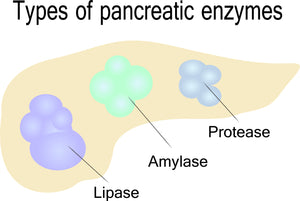

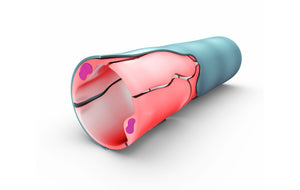
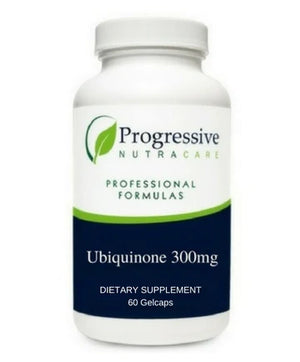

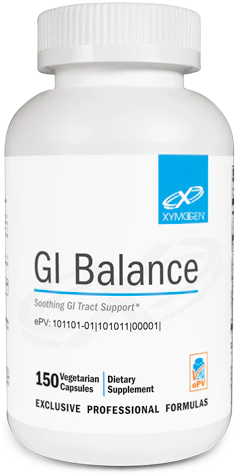
Comments 0